Mahatma: Life of Gandhi, 1869-1948 is a film of genre Documentary
Mahatma: Life of Gandhi, 1869-1948 (1968)
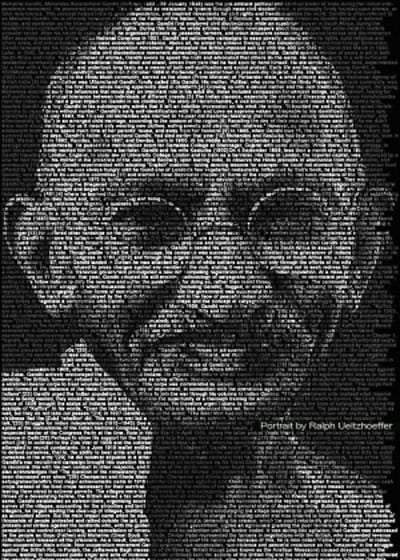
If you like this film, let us know!
- Infos
- Casting
- Technical infos
- Photos
- Videos
- Film quotes
- Characters
- Music
- Awards
Mahatma: Life of Gandhi, 1869–1948 is a 1968 documentary biography film, detailing the life of Mahatma Gandhi. The film was produced by The Gandhi National Memorial Fund in cooperation with the Films Division of the Government of India, and was directed and scripted by Vithalbhai Jhaveri. Jhaveri also provides the commentary throughout the film. The film is in black and white, contains 33 reels (14 chapters), and runs for 330 minutes.
The film was made to seek to tell the life story Gandhi, and his incessant search for Truth.
The film contains animation, live photography and old prints to provide an integrated image of his life. The story itself is narrated using mostly Gandhi's own words.
There are several versions of the film. There is the 5 hour version in English, a shorter version which runs for 2 hours and 16 minutes, and an even shorter version which runs for an hour. A Hindi version exists, running for 2 hours and 20 minutes, and a German version at 1 hour and 44 minutes.
Comments
Leave comment :
Suggestions of similar film to Mahatma: Life of Gandhi, 1869-1948
There are 8969 with the same cinematographic genres, 9729 films with the same themes (including 331 films with the same 3 themes than Mahatma: Life of Gandhi, 1869-1948), to have finally 70 suggestions of similar films.If you liked Mahatma: Life of Gandhi, 1869-1948, you will probably like those similar films :
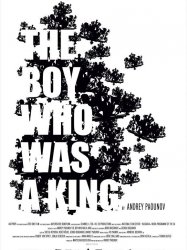
The Boy Who Was A King (2011)
Genres Documentary
Themes Documentaire sur une personnalité, Documentary films about politics, Political films, Films about royalty
Rating73%





Past haunts present, fact meets fiction and myth rivals reality to tell the fascinating story of Simeon Saxe-Coburg-Gotha, from his exile as a boy-king through his glorious return as a republican politician to his fall from grace in one of the greatest experiments of democracy today.

Freedom on My Mind (1994)
, 1h45Origin USA
Genres Documentary
Themes Films about racism, Documentary films about racism, Documentary films about law, Documentary films about historical events, Documentaire sur une personnalité, Documentary films about politics, Political films
Rating79%





In 1961, Mississippi was a virtual South African enclave within the United States. Everything was segregated. There were virtually no black voters. Bob Moses entered the state and the Mississippi Voter Registration Project began. The first black farmer who attempted to register was fatally shot by a Mississippi State Representative. But four years later, the registration was open. By 1990, Mississippi had more elected black officials than any other state in the country. As the New York Times said in their review of the film, "a handful of young people, black and white, believed they could change history. And did."
 , 52minutes
, 52minutesOrigin Algerie
Genres Documentary
Themes Films set in Africa, Films about immigration, Documentary films about law, Documentary films about war, Documentary films about historical events, Documentaire sur une personnalité, Documentary films about politics, Political films
In 1939, the end of the Spanish Civil War forced thousands of men, women and children to flee Francoist Spain. The French administration in Algeria opened refugee camps to take them in. Seventy years later, a young Algerian investigates the past. Despite the absence of archives and files, the traces of these camps have survived the collective oblivion and still appear in current Algeria.
 , 1h58
, 1h58Directed by Felipe Cazals
Genres Documentary
Themes Documentary films about law, Documentaire sur une personnalité, Documentary films about politics, Political films, Documentary films about law enforcement
Actors Vanessa Bauche
Rating64%





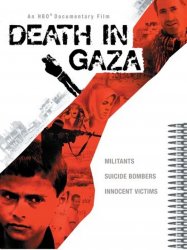
Death in Gaza (2004)
, 1h20Directed by James Miller
Genres Documentary
Themes Films set in Africa, Films about religion, Documentary films about law, Documentary films about war, Documentary films about historical events, Documentaire sur une personnalité, Documentary films about politics, Documentary films about religion, Political films, Films about Jews and Judaism
Actors James Miller, Saira Shah
Rating79%





 , 1h30
, 1h30Origin USA
Genres Documentary
Themes Films about sexuality, LGBT-related films, Documentary films about war, Documentary films about historical events, Documentaire sur l'homosexualité, Documentaire sur une personnalité, Documentary films about politics, Political films, Documentary films about World War II, LGBT-related films, LGBT-related film
Rating70%





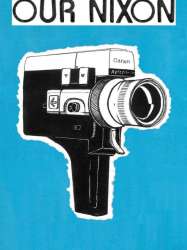
Our Nixon (2013)
, 1h25Origin USA
Genres Documentary
Themes Documentary films about historical events, Documentaire sur une personnalité, Documentary films about politics, Political films
Actors John Denver, Ronald Reagan
Rating66%





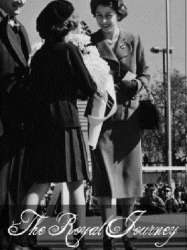
Royal Journey (1951)
, 54minutesDirected by Roger Blais
Origin Canada
Genres Documentary
Themes Documentaire sur une personnalité, Documentary films about politics, Political films, Films about royalty
Rating68%





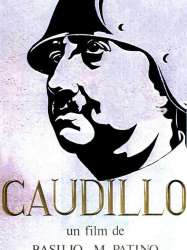
Caudillo (1977)
, 1h45Directed by Basilio Martín Patino
Genres Documentary
Themes Documentary films about war, Documentary films about historical events, Documentaire sur une personnalité, Documentary films about politics, Political films
Rating69%





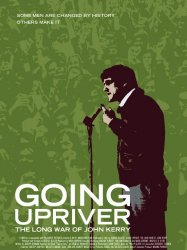 , 1h27
, 1h27Directed by George Butler
Origin USA
Genres War, Documentary, Historical
Themes Documentary films about war, Documentary films about historical events, Documentaire sur une personnalité, Documentary films about politics, Political films
Rating77%





 Connection
Connection